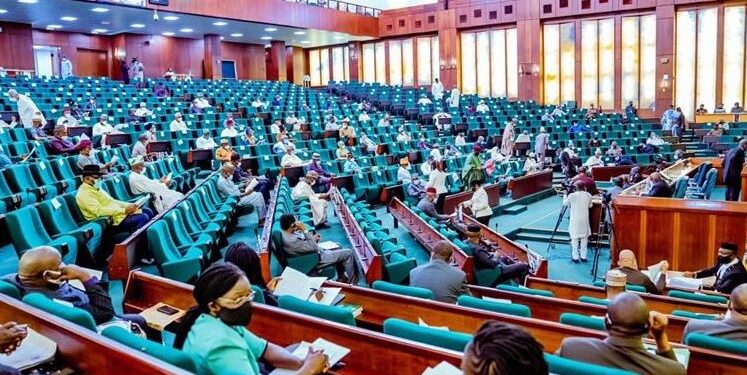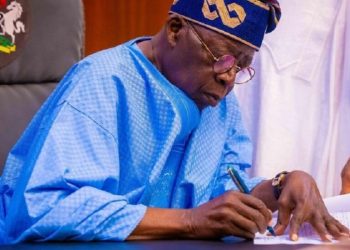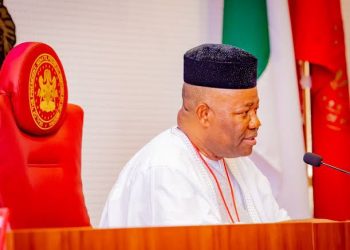The House of Representatives on Tuesday has rejected the Samoa agreement signed by the federal government
It also asked the federal government to suspend implementation until all controversial clauses are spelt out.
This followed the adoption of a motion of urgent public importance by Rep. Aliyu Sani Madaki (NNPP, Kano) and 80 others at the Plenary, on Tuesday.
Madaki had drawn attention to the clause highlighting gender equality, saying it is “a Trojan horse” which could violate the morals of the country.
In his contribution, the House Minority Leader, Rep. Kingsley Chinda (PDP, Rivers), said the parliament was not carried along in the process of the signing the agreement which has generated controversy.
He wondered why Nigerians were kept in dark about what the agreement was all about.
Similarly, the House Chief Whip Rep. Usman Bello Kumo (APC, Gombe), said the House would never support any agreements that are contrary to the belief, norms and culture of Nigerians.
The movers of the motion therefore urged the House to thoroughly investigate the agreement.
The House adopted the motion and referred it to its relevant committees for further legislative action.
Nigeria has denied the claim citing existing legislation that forbids LGBT.
Despite the government’s explanation, the house on Tuesday during plenary urged the President Bola-Tinubu administration to halt the implementation of the agreement.
The Samoa Agreement, signed between the Federal Government and the European Union, has sparked controversy, with many interpreting it as an implicit recognition of Lesbian, Gay, Bisexual, and Transgender (LGBT) rights, conflicting with Nigeria’s 2014 law against same-sex marriages and gay relationships.
During a press conference, Minister of Budget and Economic Planning, Atiku Bagudu, alongside Minister of Information, Mohammed Idris, assured that Nigeria would not enter into any agreement that contradicts its constitution or the religious and cultural sensibilities of its people.
Bagudu explained that Nigeria signed the agreement to enhance food security and promote inclusive economic development.
The Samoa Agreement, signed in November by the European Union, its 27 member states, and the 79 member states of the Organisation of African, Caribbean, and Pacific States (OACPS), aims to address global challenges such as climate change, ocean governance, migration, health, peace, and security.
Nigeria officially signed the agreement on June 28, 2024, but it only became widely known this week following Bagudu’s disclosure.









